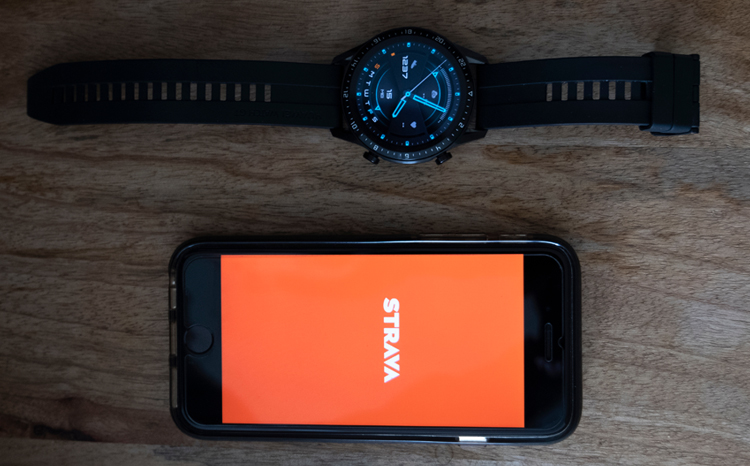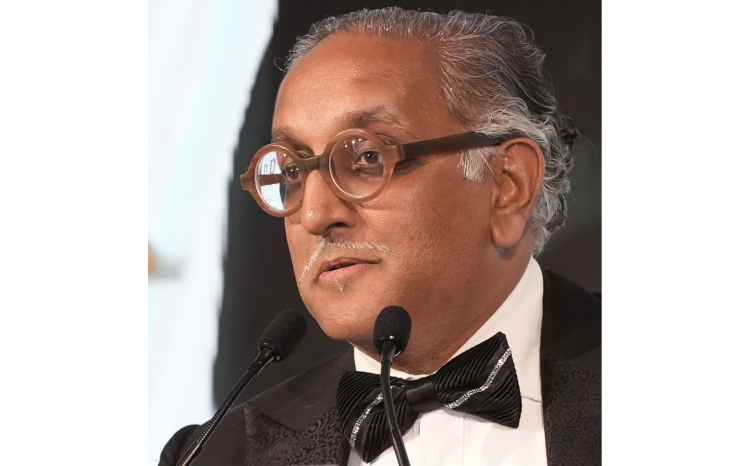Contrast between tech for personal use and IT we face at work is extreme
- 3 October 2024

Are NHS staff becoming disengaged because they are tired of struggling with slow, clunky IT? Consultant paediatrician Martin Farrier turns on his computer and waits
I click the power button on my desktop. It’s my first action after I arrive in the office. After I press the button, the waiting begins.
I cycled to work. I recorded the ride on my watch, and it loaded the data to my phone. I open the app and flick through. The data is pushed to Strava. I have a PB on a couple of segments.
The splash screen comes up on my computer. Control Alt Delete. Username 16-digit password. I can tap in my password without looking at my screen or keyboard. It’s a task I do many times a day.
The power-meter on my bike shows me the power output for the ride and I look at my FTP (functional threshold power), a cycling metric that helps me to keep track of my performance. It’s been improving over the last six months. I scroll through my training intensity and calculated VO2 max (how much oxygen I can use while cycling). It’s not shifted. But I’m getting older.
My second action after arriving in work is to make the coffee. I fill the kettle and wash the cafetière.
Still loading
My computer is still loading up.
I sign into my smart card. I can do that whilst the other apps are still loading. EPR opens and pulls through my log in details. I click on Microsoft Office to open it. Teams opens automatically but it’s still a blank window.
My coffee is ready. My phone flashes a notification. Someone is giving me kudos on my morning ride.
I look blankly at the computer screen. It’s still loading. I exercise for more than 10 hours a week. I know that because I have the data. I could earn thousands if I used the time to do additional clinical work. But I don’t want to. It’s not about money.
I earn nothing from the exercise. Rather, it costs me money. My bikes. The gym. Running shoes. Endless technology. I update and replace the tech. I buy software. I enter events and travel to them, compete, gather more data. They make me feel positive. I train with friends and family. I don’t win, but I feel committed. People ask my advice about bikes and training. I’m good at it. I’m an expert.
My computer is finally ready. I scroll through the emails. There are 18,277 unopened emails. I’m only interested in the 50 since I last logged in. I scan through for the important ones – my patients, my trainees and anything that looks dangerous.
There can be little doubt that I am an expert at work too. I’m a very experienced consultant paediatrician. I know that my patients value me. I’m certainly autonomous. I have a great deal of freedom to make choices and to work in a pattern that suits me. Beyond that there can be little that brings greater purpose to life than looking after the health of children and their families.
Pointless clicks
But is it possible that the things that get in the way of my clinical activity make me feel less positive about taking on more work? Do they alter the way that other clinicians think about their roles? My computer takes ages to load up in the morning. It’s not running slow, it’s just the way the system works. Most of the clinical systems demand clicking of irrelevant buttons to collect unseen data. There is something demoralising about pointless clicks. It detracts from the sense of purpose. They leave me feeling like I’m dying inside, slowly wasting my life.
I love my job and I love cycling. I want to do more cycling, but I don’t want to do more work. I’ll pay to do more cycling, but I won’t take more pay to do more work. They aren’t equivalents but I wonder if the experience of work is becoming less rewarding. The discretionary additional effort that has always been a part of healthcare seems to be draining away. For me, a change has occurred over the last decade. Should we reconsider the technology that is so essential to our work and think of it as part of the drain?
We all have personal experience of technology that works easily and supports us naturally. Phones are beautiful intuitive designs. They augment my exercise. They augment almost any experience. The contrast with healthcare IT is getting more extreme.
In his recent report on the state of the health service in England, Lord Darzi found that the exhaustion and emotional toll of working through the pandemic has resulted in a marked reduction in discretionary effort among NHS staff. But he also noted the “strong perception” among NHS staff that IT has created an “additional burden”. This type of “intensely frustrating problem” (poorly defined operational processes is another) is “at the heart of feelings of disempowerment and disengagement”, he suggests.
Could IT that makes the job more difficult really be a contributing factor in the increase in disengagement and the reduction in discretionary effort? I suspect that many of us just need to turn our computer on in the morning to know the answer.






